Category: US Numismatic Coin Dealers
Click US numismatic coin dealer listings for reviews, information, map & contact details.
Is your USA numismatic company not listed? Add US-based numismatic dealer
Are Over 1700 Bullion Dealers Too Much Choice?
Click here to see our top picks and best rated bullion dealers by category
Showing 1–28 of 398 results

Augusta Precious Metals
Read More
Noble Gold
Read More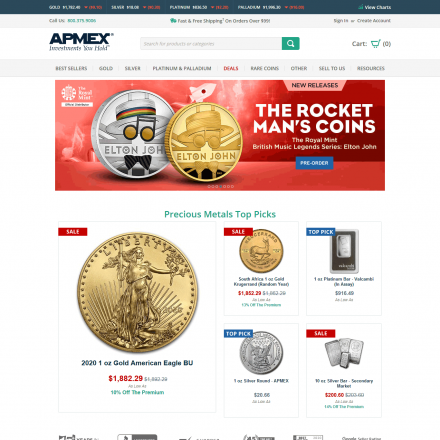
APMEX
Read More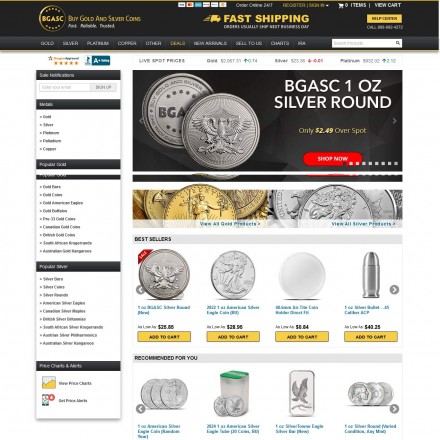
BGASC
Read More
Fisher Precious Metals
Read More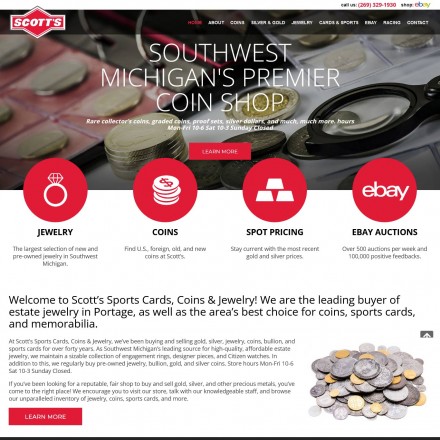
Scott’s
Read More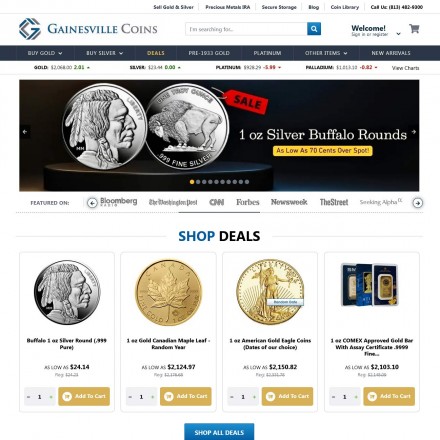
Gainesville Coins
Read More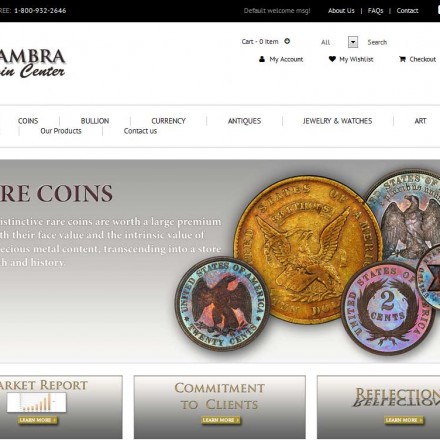
Alhambra Coin Center
Read More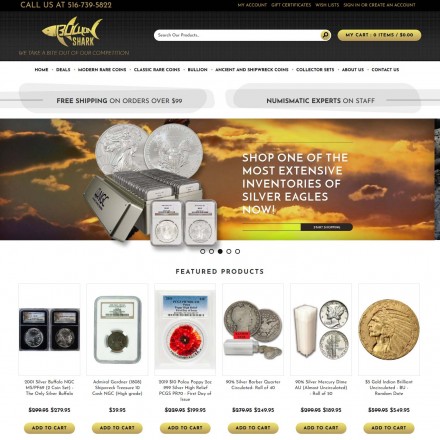
Bullion Shark
Read More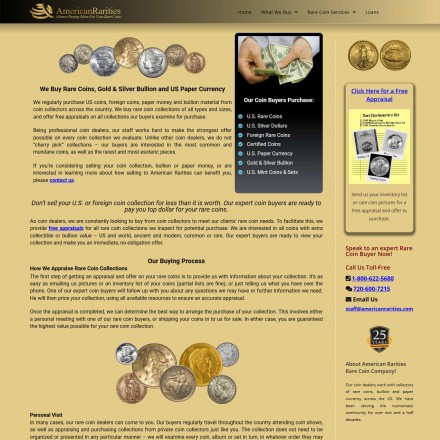
American Rarities CA
Read More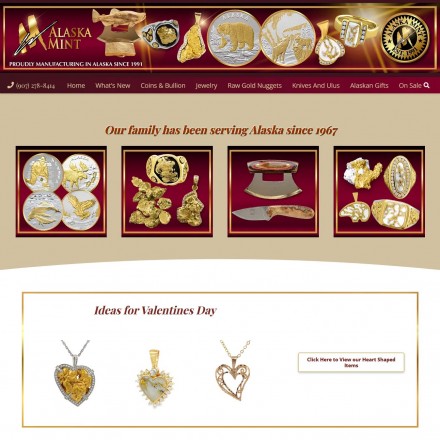
Alaska Mint
Read More
AJPM.com
Read More
American Rarities
Read More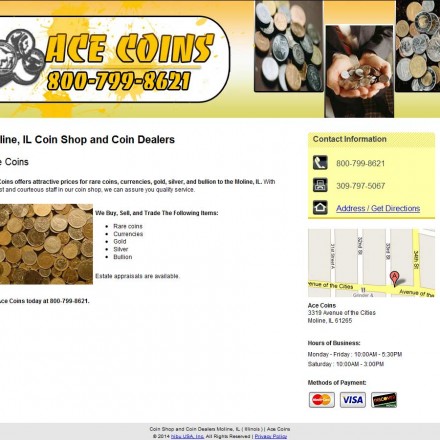
Ace Coins
Read More
Americash Coins
Read More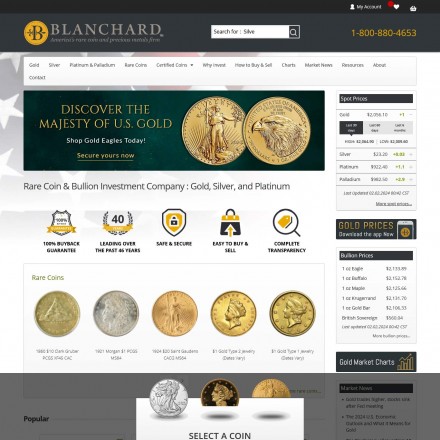
Blanchard Gold
Read More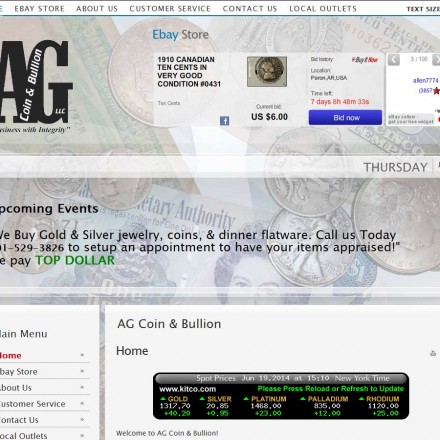
AG Coin & Bullion
Read More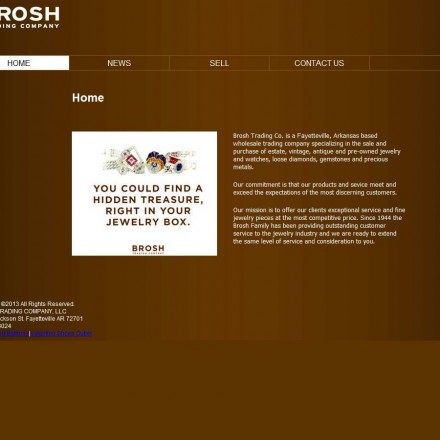
Brosh Trading Company
Read More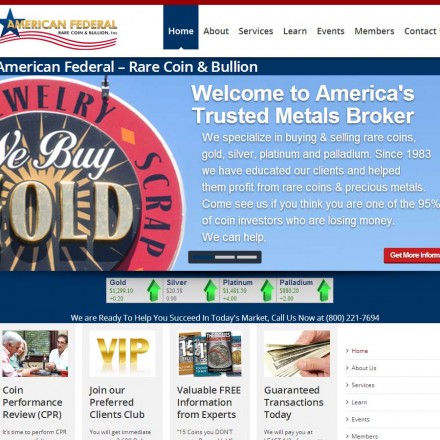
American Federal
Read More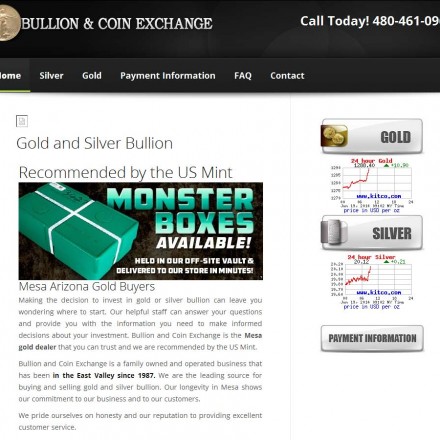
Bullion & Coin Exchange
Read More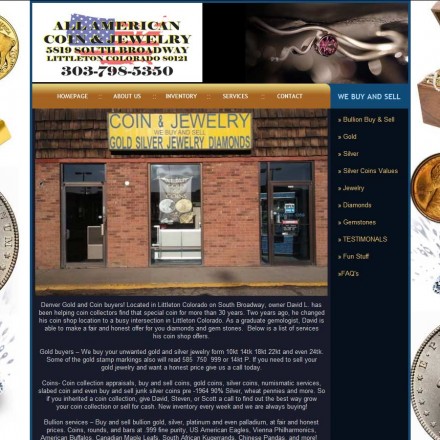
All-American
Read More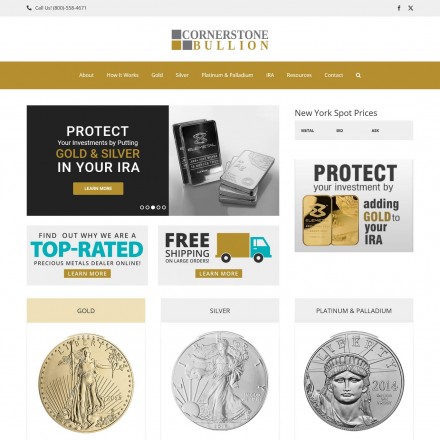
Cornerstone Bullion
Read More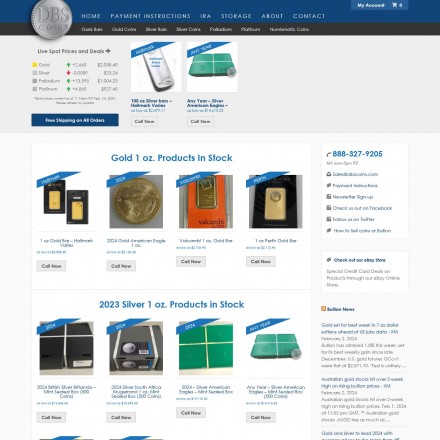
DBS Coins
Read More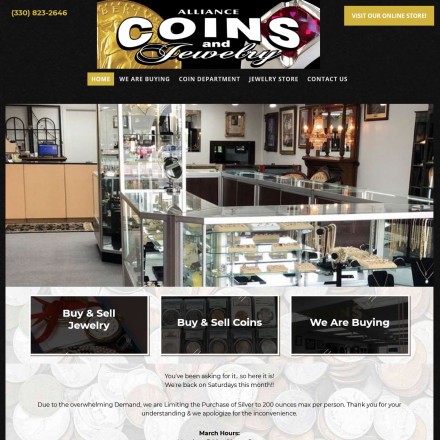
Alliance Coins and Jewelry
Read More
Numismatic Coin Dealers by State
To search for US numismatics, coin and collectibles specialists in any given state, simply click your choice of state below:
AlabamaAlaskaArizonaArkansasCaliforniaColoradoConnecticutDelawareFloridaGeorgiaHawaiiIdahoIllinoisIndianaIowaKansasKentuckyLouisianaMaineMarylandMassachusettsMichiganMinnesotaMississippiMissouriMontanaNebraskaNevadaNew HampshireNew JerseyNew MexicoNew YorkNorth CarolinaNorth DakotaOhioOklahomaOregonPennsylvaniaRhode IslandSouth CarolinaSouth DakotaTennesseeTexasUtahVermontVirginiaWashingtonWest VirginiaWisconsinWyoming
Numismatics and Collectible Coins
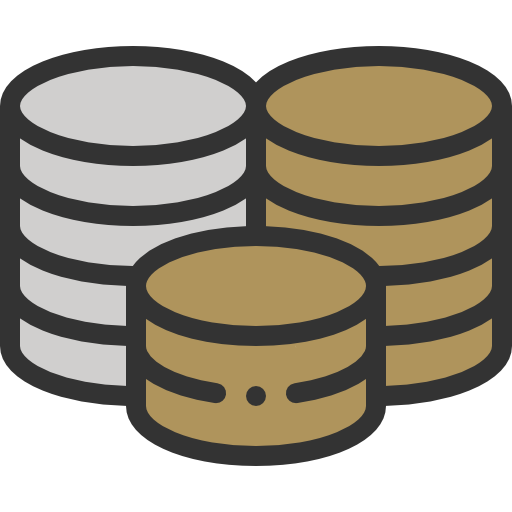 Numismatics, the study or collection of currency, including coins, tokens, paper money, and related objects, has been a fascinating hobby for centuries.
Numismatics, the study or collection of currency, including coins, tokens, paper money, and related objects, has been a fascinating hobby for centuries.
It appeals to a diverse range of enthusiasts, from historians and artists to investors and treasure hunters. As an investment, numismatics offers a unique combination of historical appreciation and financial value. Collectors often find joy in the pursuit of rare and significant coins, with the added benefit of their potential to appreciate in value over time.
The Distinction Between Numismatic Coins, Bullion Coins, and Collectibles
 Understanding the different types of coins is crucial in numismatics – as a new investor in the field it could make a 4 or 5-figure difference to your collection value.
Understanding the different types of coins is crucial in numismatics – as a new investor in the field it could make a 4 or 5-figure difference to your collection value.
Numismatic Coins are valued for their rarity, historical significance, condition, and artistic merit rather than their metal content. The age of the coin, its minting history, and its condition (often verified by grading services) are key factors in its value.
Bullion Coins are valued primarily for their precious metal content. Examples include American Eagles or Canadian Maple Leafs. While they may have some numismatic value due to rarity or design, their primary worth is based on the market price of metals like gold, silver, or platinum.
Collectibles are a far broader category and include not just coins but also paper money, tokens, medallions, and other currency-related items. Their value can stem from a range of factors, including rarity, historical significance, condition, and demand among collectors.
The Historical and Cultural Significance of Coin Collecting
 Coin collecting is more than just a hobby; it’s a window into the past. Each coin tells a story, offering insights into the economic, political, and cultural history of its time.
Coin collecting is more than just a hobby; it’s a window into the past. Each coin tells a story, offering insights into the economic, political, and cultural history of its time.
From ancient coins shedding light on long-gone empires to commemorative coins celebrating modern achievements, numismatics encompasses a vast tapestry of human history. Moreover, coin collecting connects people across generations and geographies, building a community of enthusiasts who share a passion for these miniature pieces of art and history.
In the U.S., the role of coin certification agencies like the Professional Coin Grading Service (PCGS) and the Numismatic Guaranty Corporation (NGC) has been pivotal in establishing standards for coin grading and authenticity.
These agencies provide assurance to collectors and investors about the quality and legitimacy of their numismatic pieces.
Understanding Coin Valuation
The value of numismatic coins is determined by four key factors:
- Age: Generally, older coins are more valuable, especially if they are from a significant historical period or are rare for their age.
- Rarity: The fewer the coins that were minted, or the fewer that have survived, the higher their value. The same can be said for unusual miss-strikes and other error coins that have found their way into circulation. Rarity is often a primary driver of a coin’s worth.
- Condition: The state of preservation of a coin significantly affects its value. Coins with minimal wear, clear details, and no damage (like scratches or corrosion) are usually more valuable.
- Historical Significance: Coins with a rich history or those associated with important historical events can be highly sought after, adding to their value.
The Role of Grading Services and How Coin Grading Works
 Coin grading is a critical aspect of numismatics and involves assessing the condition or state of preservation of a coin.
Coin grading is a critical aspect of numismatics and involves assessing the condition or state of preservation of a coin.
As mentioned, grading services like the Professional Coin Grading Service (PCGS) and the Numismatic Guaranty Corporation (NGC) in the U.S. play a pivotal role in this process. These organizations use a standardized scale (typically from 1 to 70, with 70 being perfect condition) to grade coins.
The grading process involves a thorough examination of the coin by professional graders. They assess factors like luster, strike, and the presence of any wear or damage. A higher grade usually indicates a coin in better condition, which often translates to higher value.
The grading also includes verifying the coin’s authenticity, which is crucial in a market where counterfeits can be a concern.
How Market Demand Affects the Value of Collectible Coins
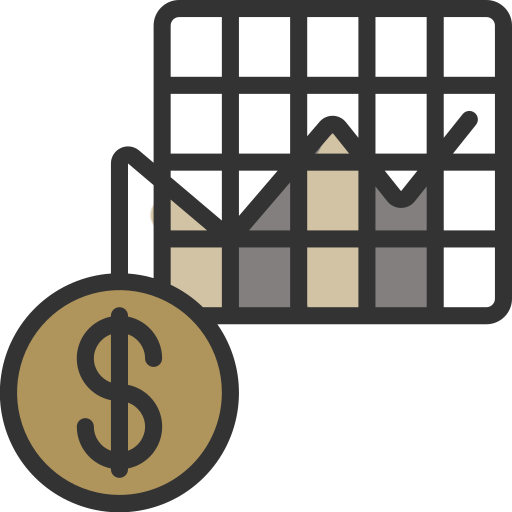 Market demand is a dynamic factor influencing the value of collectible coins. This demand can be driven by various factors, including the popularity of certain types of coins, trends in the numismatic community, and economic factors.
Market demand is a dynamic factor influencing the value of collectible coins. This demand can be driven by various factors, including the popularity of certain types of coins, trends in the numismatic community, and economic factors.
For example, coins from a particular era or those featuring unique designs can suddenly become popular, driving up their prices. Similarly, economic downturns might increase interest in precious metal coins as a more stable investment.
Navigating the Numismatic Market
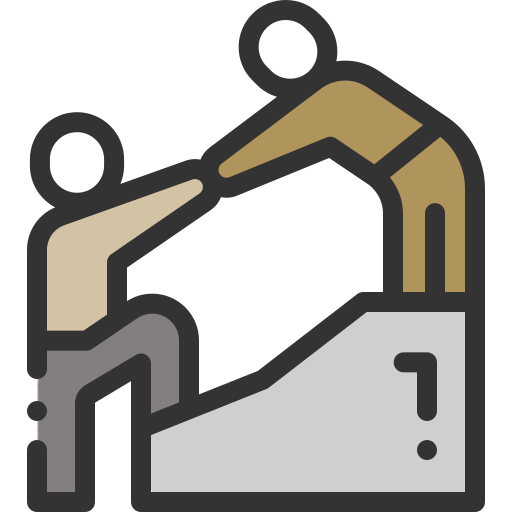 Finding trustworthy dealers and auction houses is essential in the numismatic world.
Finding trustworthy dealers and auction houses is essential in the numismatic world.
Here are some key points to consider:
- Reputation and Experience: Look for dealers and auction houses with a strong reputation in the numismatic community. Long-standing businesses often have a track record of reliability and expertise.
- Membership in Professional Organizations: Many reputable dealers are members of professional bodies like the American Numismatic Association (ANA) or the Professional Numismatists Guild (PNG). These memberships indicate a commitment to ethical standards.
- Transparency and Communication: A reputable dealer or auction house should be transparent about their sales process, pricing, and the origin of their coins. They should be willing to answer your questions and provide detailed information about their items.
- Customer Reviews and Testimonials: Check online reviews and seek testimonials from other collectors to gauge the dealer’s reliability and service quality.
The Importance of Research and Due Diligence in Coin Purchasing
Research is crucial when purchasing numismatic coins. Educate yourself on the types of coins you are interested in, understand their market value, and learn how to identify fakes.
When considering a purchase, ensure that the coins have been authenticated and graded by reputable services like PCGS or NGC.
Familiarize yourself with the coin grading system to better understand the value of the coin you are considering – and then compare prices from multiple sources to ensure you’re getting a fair deal.
Be cautious of deals that seem too good to be true! There is NO such thing as a free lunch, or a free coin.
Warning: The Bait and Switch
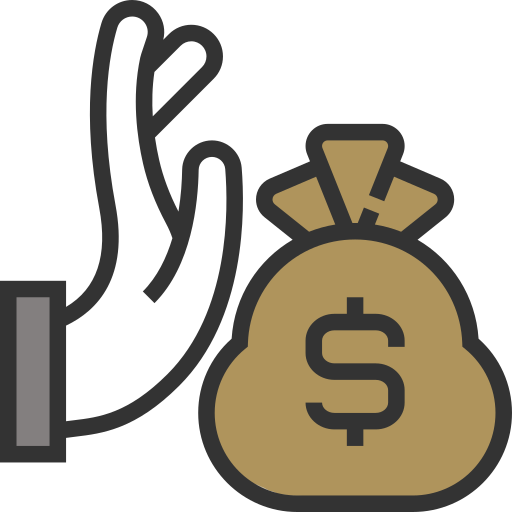 One of the more concerning practices in the coin market is the ‘bait and switch’ tactic, where sellers falsely market bullion coins as rare collectibles in a bid to take more profit from naive buyers.
One of the more concerning practices in the coin market is the ‘bait and switch’ tactic, where sellers falsely market bullion coins as rare collectibles in a bid to take more profit from naive buyers.
This often involves exaggerating the coin’s numismatic value or potential for appreciation, leading buyers to pay significantly more than the coin’s actual worth. Being aware of this tactic is crucial for anyone entering the numismatic and bullion market.
Bullion Coins are valued based on their precious metal content. The price is usually close to the current market value of the metal, with a small premium added for minting and distribution.
The value of true numismatic coins is determined by factors like rarity, historical significance, condition, and demand among collectors. Their prices can be significantly higher than their metal value and are less tied to fluctuations in precious metal markets.
The trick here is that unscrupulous bullion dealers will strike an exclusivity deal, buy up the entire inventory of a certain bullion coin from a mint, or make their own custom bullion-grade coin at a mint (often in vast numbers.)
They will then claim that this coin is rare to unsuspecting new investors, marking up it’s premium by 30%, 50%, even 100% or more – and indeed the coin will be unavailable anywhere else, making it seem genuinely rare.
But the truth is the coin is not particularly special, as will be found out if the investor tries to sell in the secondary market, but by which time the dealer will have had their money.
Numismatics with Confidence through Bullion.Directory
 By choosing trusted and verified numismatic, coin and collectible dealers listed on Bullion.Directory, you can confidently bypass the pitfalls of common scams, such as the ‘bait and switch’ tactics prevalent in the market.
By choosing trusted and verified numismatic, coin and collectible dealers listed on Bullion.Directory, you can confidently bypass the pitfalls of common scams, such as the ‘bait and switch’ tactics prevalent in the market.
These dealers have been publicly vetted, rated and reviewed for their credibility, expertise, and commitment to ethical standards, ensuring that your numismatic journey is not just a venture into the world of collectible coins but also an enriching experience in history, culture, and art.
The realm of numismatics is not just about financial investment; it’s a gateway to a rich historical tapestry and a vibrant collector community.
With Bullion.Directory as your guide, your journey through this fascinating world is not only secure but also filled with the joy of discovery and the satisfaction of wise collecting.


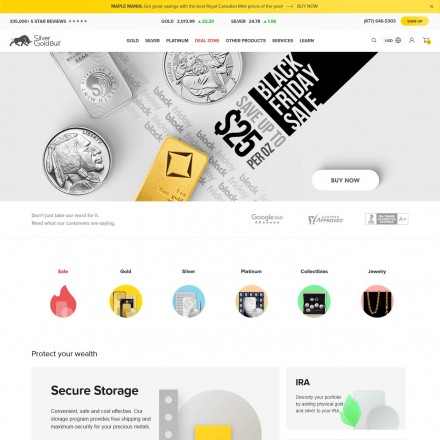
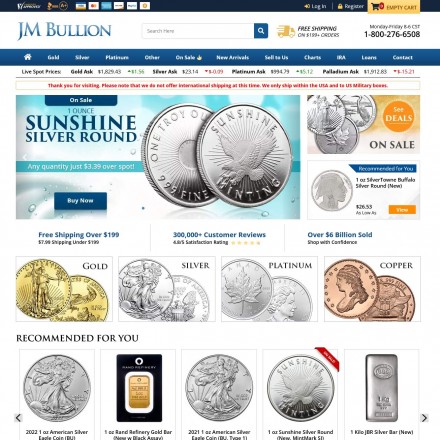
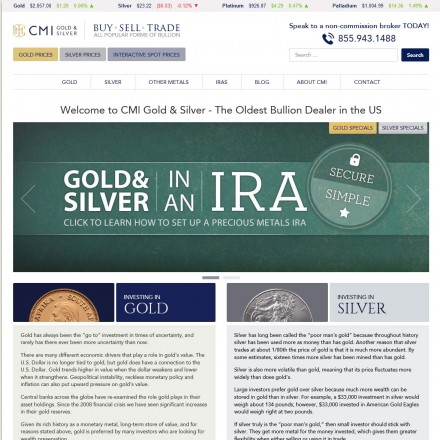

 Direct Bullion
Direct Bullion The Pure Gold Company
The Pure Gold Company SWP Dubai
SWP Dubai




 Material provided on the Bullion.Directory website is strictly for informational purposes only. The content is developed from sources believed to be providing accurate information. No information on this website is intended as investment, tax or legal advice and must not be relied upon as such. Please consult legal or tax professionals for specific information regarding your individual situation. Precious metals carry risk and investors requiring advice should always consult a properly qualified advisor. Bullion.Directory, it's staff or affiliates do not accept any liability for loss, damages, or loss of profit resulting from readers investment decisions.
Material provided on the Bullion.Directory website is strictly for informational purposes only. The content is developed from sources believed to be providing accurate information. No information on this website is intended as investment, tax or legal advice and must not be relied upon as such. Please consult legal or tax professionals for specific information regarding your individual situation. Precious metals carry risk and investors requiring advice should always consult a properly qualified advisor. Bullion.Directory, it's staff or affiliates do not accept any liability for loss, damages, or loss of profit resulting from readers investment decisions.
